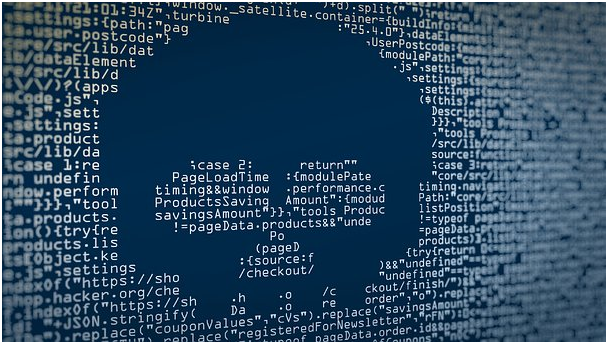
Cybercrime refers to any type of digital crime. As long as a computer is used to facilitate the crime, it falls under this umbrella. Unsurprisingly, as technology has grown to be more advanced and common over the last couple of decades, the rate of this type of crime has and continues to increase.
The prevalence of cybercrime is why it’s so important for businesses and individuals to pay closer attention to cybersecurity. However, it’s not only interesting but rather useful to know why a malevolent party might target them.
One of the biggest and, quite frankly, most obvious reasons for criminals to commit cybercrimes is that it pays. Surprisingly, there are quite a few ways that the hack that a business is trying to combat against might be making the hacker a pretty penny.
Ransomware
This is a particularly prevalent threat where businesses are concerned. Ransomware involves a hacker breaking into a system and stealing valuable information. In turn, they attempt to sell that information back to the business for a “ransom.” This practice has been seen across industries and even on the individual level. The best way to avoid this is much the same as preventing viruses – the business needs to have strong security systems in place.
False Information and Phishing

This is an older trick that still gets many individuals and organizations in hot water. Rather they’re selling a false product or use a ruse to obtain information, the theft of those credentials is an ends to a mean in this situation. Once the criminal has this data, they can monetize it by doing things such as making purchases on the company’s behalf.
This is why it’s crucial that any purchases a business makes or the information it gives out goes to well-researched third parties. This type of hack depends on blind trust.
Banking Malware
Being able to access a business’s bank account is one of the fastest ways to make money out of cybercrime. This brand of malware helps hackers to access sensitive accounts such as your bank account. A few years ago, this depended on getting someone’s login credentials by, essentially, tricking a user out of them or hacking for the information spelled out. Today, though, there are programs that hackers can use to track your keystrokes or even your screen to obtain the logins that you or your employees use for the business.
Exploit Specialities

Some systems are vulnerable in unique ways. In these cases, criminals with a lower skill level will struggle to access the information they’re looking for. Yet, this doesn’t mean they give up. Instead, this has given birth to a market of criminals with a higher skillset who are willing to hack systems for criminals who can’t and then sell that information to them for a fee. This means that there’s profit to be had for criminals just as indirectly as it is direct.
Malware writing also falls under this category. The difference is that instead of creating a code for a specific target, these groups make blanket malware systems for criminal operations. The operations then often indirectly distribute to individuals after their purchase.
It’s rare that a crime is committed just to cause chaos. Typically, there is an incentive behind the behavior and, in the case of cybercrime, that incentive is a monetary one. These are all ways that individuals are currently making money at these types of crimes and, unfortunately, it’s a list that’s likely to grow in the future. While a business might not be able to single-handedly stop criminals, it can protect itself with the right security measures.
